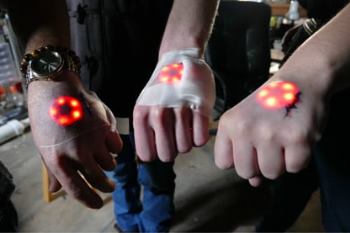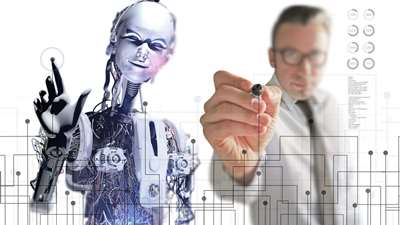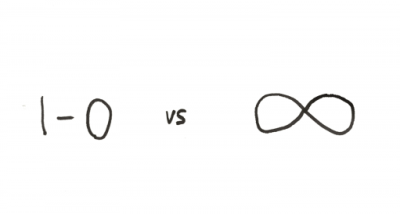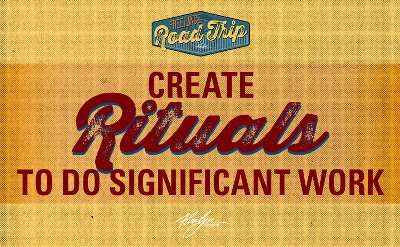Following on our previous post ‘How Over-Protection of University Students Is Spreading and May Be Due to a Generational Issue‘ I feel the need to expand on the issue of over-protection in our societies and the need to be exposed from time to time to situations that hurt. How could we all have learnt to ride a bicycle without falling from time to time? How could our immune system grow and be effective without getting exposed regularly to microbes?

It all comes down to the fact that we are living organisms with the ability to repair and evolve. And that our evolution is the result of our will and experience.
The situation would be of course different with an object: when it is damaged or broken it can’t repair itself (yet at least). But for living organisms, what does not kill us makes us progress and evolve.
And avoiding confrontation with potentially disturbing situations diminishes greatly our adaptability and versatility. Adaptability is the prime advantage in natural evolution for humans. Therefore, avoiding exposure to potentially disturbing ideas and situations puts us at disadvantage in the long term.
I fear that is what may happen to the most developed countries. Take for example a Singaporean that has lived all its life in an exceptionally safe country: he or she will be frightened and will have difficulty to adapt to cities like Paris, New York or Houston which are reasonably safe cities, where you need however to be a bit vigilant (that’s an example I have been witness to!). Over-protection makes it difficult to adapt and there is a risk that people will tend to stay in their comfortable environment – until it gets wished away by some greater external forces.
Making sure we are exposed from time to time to tough situations, different opinions and ideas is healthy. And if it does not happen we need to force ourselves. Simple tip: travel more, and expose yourself to unfamiliar environments and cultures!











